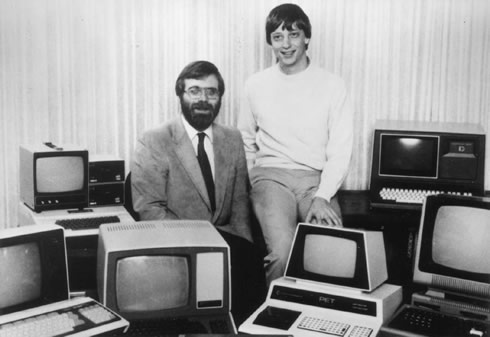This is part of my Series on Entrepreneurial Culture.
I recently came across this absolutely awesome post as well as the accompanying infographic above having to do with identifying the sort of founders investors can feel good about backing. It was written by Saar Gur a partner at Charles River Ventures.
Saar points out that his fund has developed an IQ-like quotient (the "Founder Quotient") for determining founder strength after many years of tweaking and refinement. A number of these insights may in a broader sense be similar to others we've seen over the years, but if you go through them carefully you'll find a lot of originality and nuance here. The line, "startups are like chess" and the "Values" section resonated with me in a huge way. I think angel and seed investors would do well to really pay attention to these and add them to their body of knowledge. Here they are:
- Original product thought. Most founders copy. We look for the 1 percent of founders who have their own original strong views on how to build a great product (e.g. it took a Steve Jobs to set the touchscreen standard for smartphones).
- Psychological factors. What drives this person? Are they driven to face the adversity and uncertainty of startups? Do they have a chip on their shoulder and/or something to prove? Do they have a strong desire to win? Are they willing to make the sacrifices required to succeed? This is often influenced by their childhood.
- Authenticity. Does this company align with the founder’s beliefs and values? Do the founders care deeply about the problem they are working on? How passionate are they?
- Unique market insight. Do they have a unique insight into what the problem is, market timing, how the future may play out?
- Intelligence. IQ, EQ, self-awareness, ability to hold convictions loosely, etc. Startups are like chess. The founder needs to be able to think several moves ahead as it relates to product decisions, business decisions, and people decisions.
- Values. Are they honest? If they are in a people-intensive business, do they genuinely like and value people or are they too focused on themselves?
- Judgment. Product judgment, people and hiring judgment, etc. Do they exercise good decision-making skills no matter how small or large the decision?
- Experience. Are they uniquely capable of executing? Do they have a relevant 10,000 hours?
- Ability to recruit. Includes selling a vision, being respected, build a cross-functional team, having a network, etc.
The entire "Values" section, though short, is actually massive. I've made this mistake a couple of times already. People too focused on themselves don't really value other people at all. Huge problem with a founder.
Figuring all this stuff out takes time, doesn't it? It's a good argument for not rushing into an investment. I'll also add that checking out a list is something anyone can do- but being able to "know something when you see it" takes a lot of experience. What also never ceases to amaze me is that a founder you might want to invest in might have all of the above qualities save one, but it's often that one missing piece that destroys everything.
Anyway, many thanks to Saar for sharing some serious wisdom with us. Wow.








![Reblog this post [with Zemanta]](http://img.zemanta.com/reblog_e.png?x-id=39227201-051d-46aa-b614-b92cff685b5c)

![Reblog this post [with Zemanta]](http://img.zemanta.com/reblog_e.png?x-id=6c6beb76-b8ec-4e98-b4be-37534ab4585c)

![Reblog this post [with Zemanta]](http://img.zemanta.com/reblog_e.png?x-id=88dcb958-3446-44cc-8706-65f540dc5cdf)